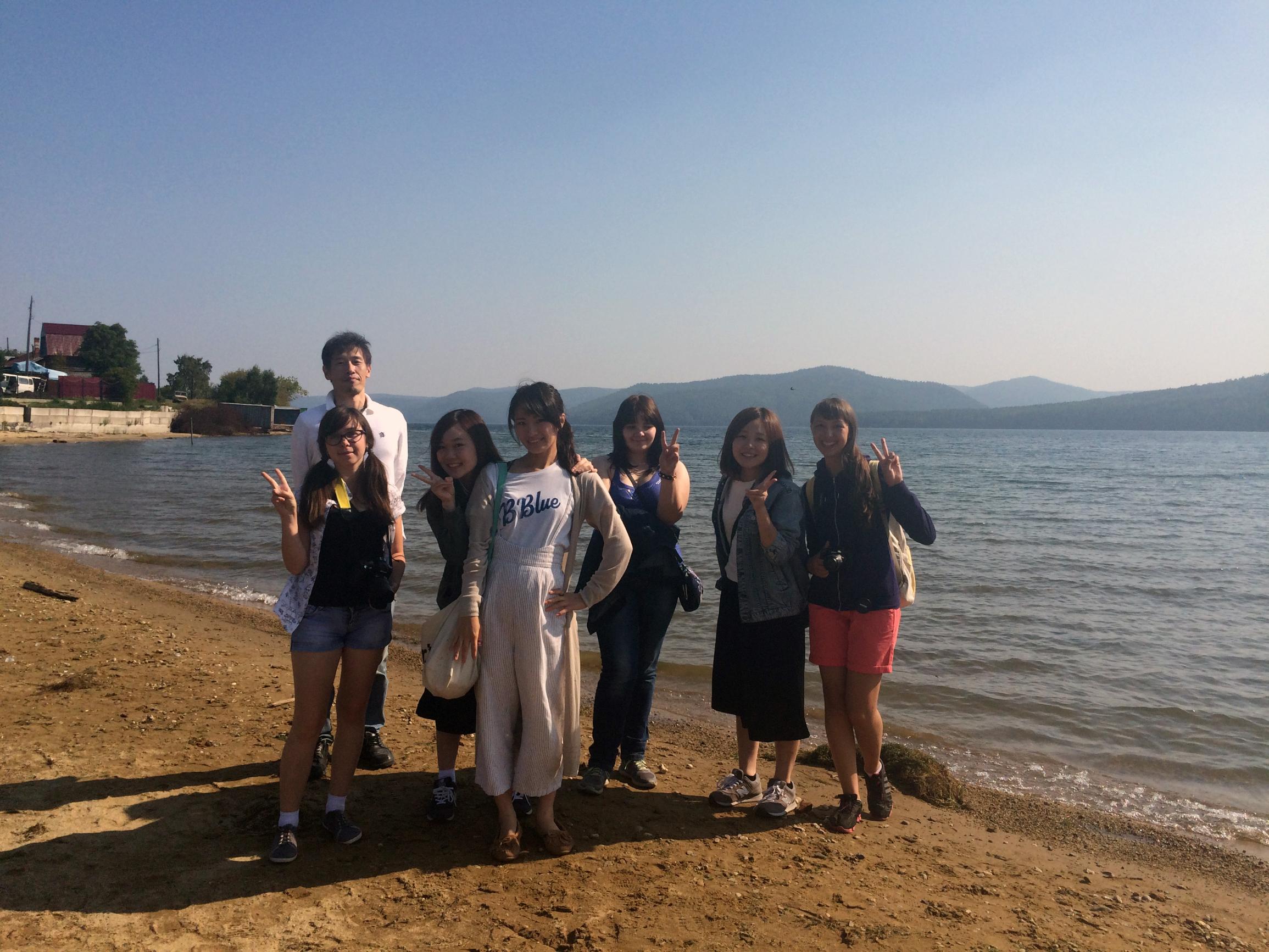ISU welcomes students of Kanazawa Seiryo University (Japan). They are taking a Russian language course under the joint educational program.
Daria Malova, a senior lecturer of Asian languages department of ISU International Institute of Economics and Linguistics, head of joint educational program conducted in partnership with Kanazawa Seiryo Uiversity comments on:
– The ISU Institute of Economics and Linguistics has been in cooperation with Kanazawa Seiryo University for 13 years. The joint educational program is of great interest both for Russian and Japanese students as it is aimed at training specialists in economics and commerce able to communicate frequently in foreign languages. This is a good advantage of the program given the rapid growth of economy in Asia-Pacific region.
During their stay at ISU Japanese students not only learn Russian language, but also go sight-seeing:
– It is extremely hard to learn Russian, nevertheless, the process of study is quite interesting, -Sakuda Yuka notes. - Russian students help us a lot, they accompany us during excursions. We really liked the exposition of the wooden art museum and numerous wooden buildings in Irkutsk. We were very impressedto see the deepest lake in the world famous for its fresh water and fish omul.
Every year students of ISU International Institute of Economics and Linguistics leave for Japan to have a long-term training. They have opportunity to master language skills and get the bachelor degree in economics of Kanazawa Seiryo University. The system of academic mobility also stimulates Russian students to go to Japan for a short-term stay: next year 14 Russian students are to visit Kanazawa.
– When Russian students come to Japan, they do not face any problems in accommodation, – Daria Malova tells, – students live in separate flats; when they have free time, they can go to the gym or be engaged in social activity that helps them to adapt to the lifestyle in a new country and become familiar with its culture.
















